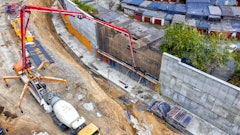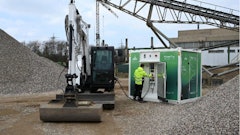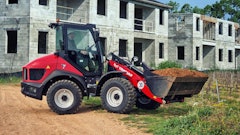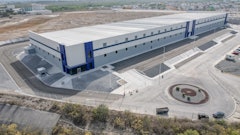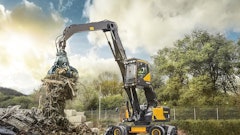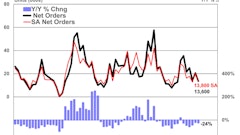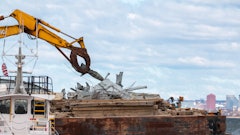WASHINGTON -- The American Road & Transportation Builders Association April 14 called for enactment of House legislation that would prohibit the U.S. Environmental Protection Agency (EPA) from classifying recycled coal ash as a "hazardous substance."
H.R. 1391, the "Recycling Coal Combustion Residuals Accessibility Act of 2011," introduced by Rep. David McKinley (R-W.Va.), would prevent EPA from ending what has been an environmental success story.
In a statement submitted to a House Environment & the Economy Subcommittee hearing, ARTBA explained that without coal ash, concrete would become more expensive and less durable-increasing the cost and environmental footprint of vital transportation improvements.
ARTBA stressed that rather than being touted as a construction material with a negative connotation, coal ash should be recognized as a valuable commodity. In 2008 alone, more than 12.5 million tons of coal ash was use in the production of concrete. ARTBA said EPA's own data has found that coal ash accounts for between 15 and 30 percent of the cement in concrete. EPA has also noted using coal ash at such a level results in annual greenhouse gas reductions in concrete production of between 12.5 and 25 tons, and a reduction in oil consumption between 26.8 and 53.6 million barrels.
The association statement cited a variety of successful transportation projects, including in Colorado, where the use of coal ash in 2008 reduced greenhouse gas emissions by 19,500 tons; North Carolina, where the use of coal ash is saving $5 to $10 million annually on transportation projects; and Minnesota, where coal ash was used in the concrete for the new I-35 bridge.
ARTBA also pointed out that on four prior occasions (1988, 1993, 1999 and 2000), EPA found that coal ash did not warrant regulation as a "hazardous" waste. ARTBA stressed that no new scientific information had been presented since to justify EPA's reaching a different conclusion now.
Founded in 1902, ARTBA is the transportation construction's primary advocate on environmental and regulatory matters in the Nation's Capital.




